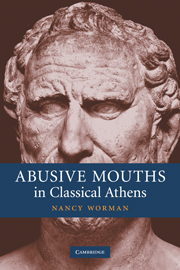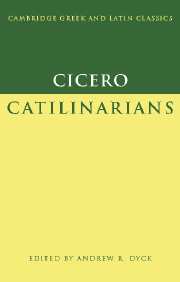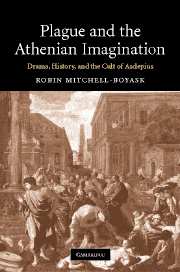Abusive Mouths in Classical Athens
This study of the language of insult charts abuse in classical Athenian literature that centres on the mouth and its appetites, especially talking, eating, drinking, and sexual activities. Attic comedy, Platonic dialogue, and fourth-century oratory often deploy insulting depictions of the mouth and its excesses in order to deride professional speakers as sophists, demagogues, and women. Although the patterns of imagery explored are very prominent in ancient invective and later western literary traditions, this is the first book to discuss this phenomenon in classical literature. It responds to a growing interest in both abusive speech genres and the representation of the body, illuminating an iambic discourse that isolates the intemperate mouth as a visible emblem of behaviours ridiculed in the democratic arenas of classical Athens.
- Offers a valuable approach to the study of public discourse in classical Athens
- Discusses many of the central authors and texts of classical Athenian literature
- Makes comparisons with similar patterns of invective attested from other cultures
Reviews & endorsements
'The book … helps to stake out new space beyond formalism and sociolinguistics for thinking about genre in the classical period. This, together with its baroque portraits of the characters who populated Athens' dirtiest domains of civic speech, makes Abusive Mouths in Classical Athens well worth the price of admission.' Comparative Studies in Society and History
Product details
February 2011Paperback
9780521182560
398 pages
229 × 152 × 21 mm
0.5kg
Available
Table of Contents
- Introduction
- 1. The mouth and its uses in Homer, iambos, and tragedy
- 2. Open mouths and abusive talk in Aristophanes
- 3. Gluttonous speechifying in Euripides' Cyclops
- 4. Crude talk and fancy fare in Plato
- 5. Defamation and oral excess in Demosthenes and Aeschines
- 6. The intemperate mouth in Aristotle and Theophrastus
- Epilogue.






